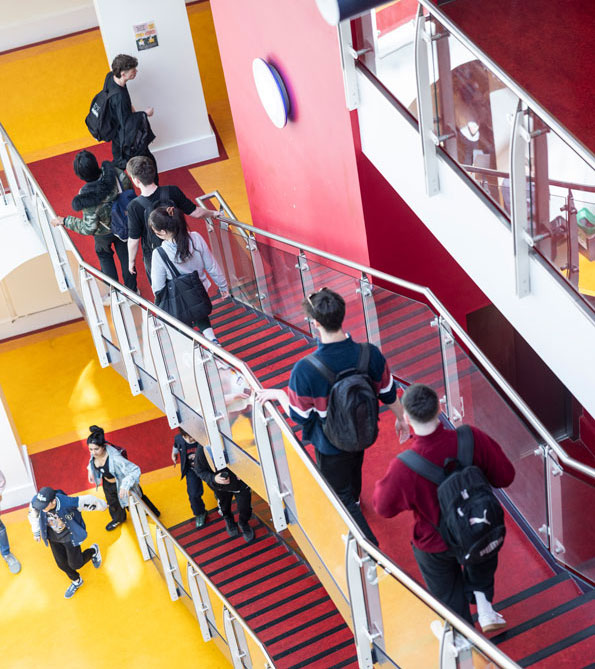
LIPA provides its own counselling service, which is free to all students. The counsellors are all qualified and registered professionals and the service operates to BACP (British Association of Counselling and Psychotherapy) and NACP (National Counselling and Psychotherapy Society) professional counselling standards, including confidentiality and ethical guidelines.
What is counselling?
Counselling provides a safe and confidential space for you to talk to a trained professional about your issues and concerns. Your counsellor will help you explore your thoughts, feelings and behaviours so you can develop a better understanding of yourself and of others.
A counsellor will not give you their opinions or advice or prescribe medication. They will help you find your own solutions – whether that’s making effective changes in your life or finding ways of coping with your problems.
The counselling team at LIPA is experienced in a variety of different approaches, including person centred, psychodynamic and integrative therapies.
You can find out more about the different types of therapy by visiting the BACP’s A-Z here
How can I access LIPA counselling?
Students who would like to access counselling will first be asked to attend an initial wellbeing assessment with a member of the Student Wellbeing and Disability team. The team will discuss with you if a referral to the counselling service is an appropriate next step.
Students can access either Single Session Counselling (SSC) or a longer block of up to seven counselling sessions. At the end of a block of counselling sessions, your counsellor will signpost you to external services, where appropriate.
Please note, LIPA does not provide long term counselling. If a member of the team feels a student may benefit from longer term therapy, the counsellor will provide guidance and advice to help students access this through the NHS or other local counselling services.
Frequently Asked Questions
The Counselling Team takes confidentiality very seriously and all information shared is treated in confidence. Your counsellor will not disclose information about you without your permission or consent. However, if your counsellor is concerned that there may be a risk of serious emotional or physical harm to you or a third person which cannot be resolved by discussion, they may break this confidentiality in line with the BACP Ethical Framework.
All students will be asked to sign a counselling agreement when they commence counselling.
If you have any concerns about confidentiality, please speak to a member of the Student Wellbeing and Disability Service.
Counselling can take different forms depending on your needs and what type of therapy may be suitable.
LIPA counselling sessions can take place in person or online, depending on your preferences.
During a session, your counsellor may take you through specific exercises designed to help with your problem, or you might have more general discussions about how you're feeling. What you talk about will vary depend on what you want help with and the counsellor’s approach.
Your therapist will be impartial but understanding. They will listen to you without judgment and help you explore your thoughts and emotions. They may offer information, but they won’t tell you what you should think or do.
The LIPA Counselling Team regularly gathers feedback, and all students are asked to complete an evaluation form once they have ended their counselling sessions. If you would like to provide further confidential feedback on your counselling experience, please email the Head of Student Wellbeing and Disability.

